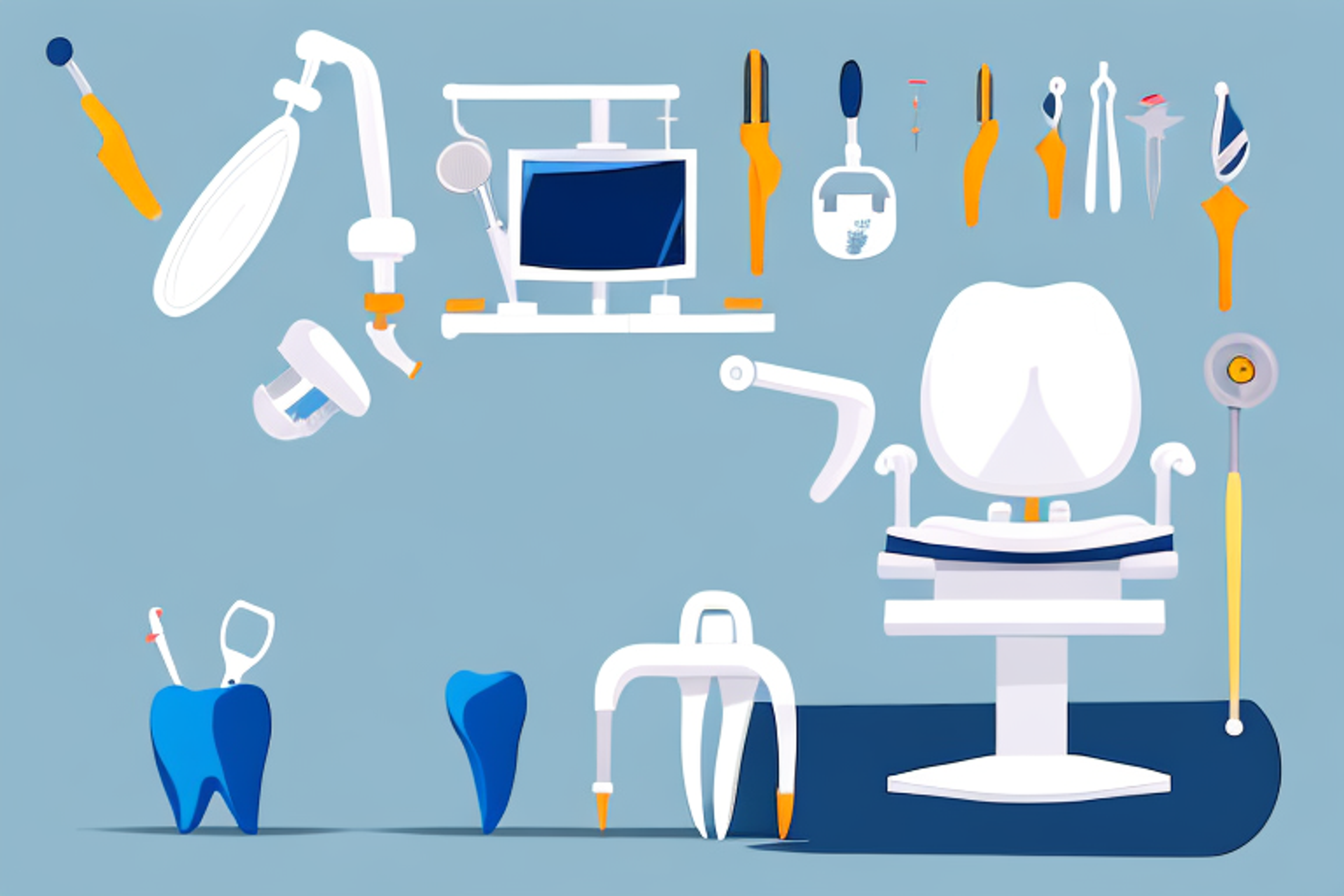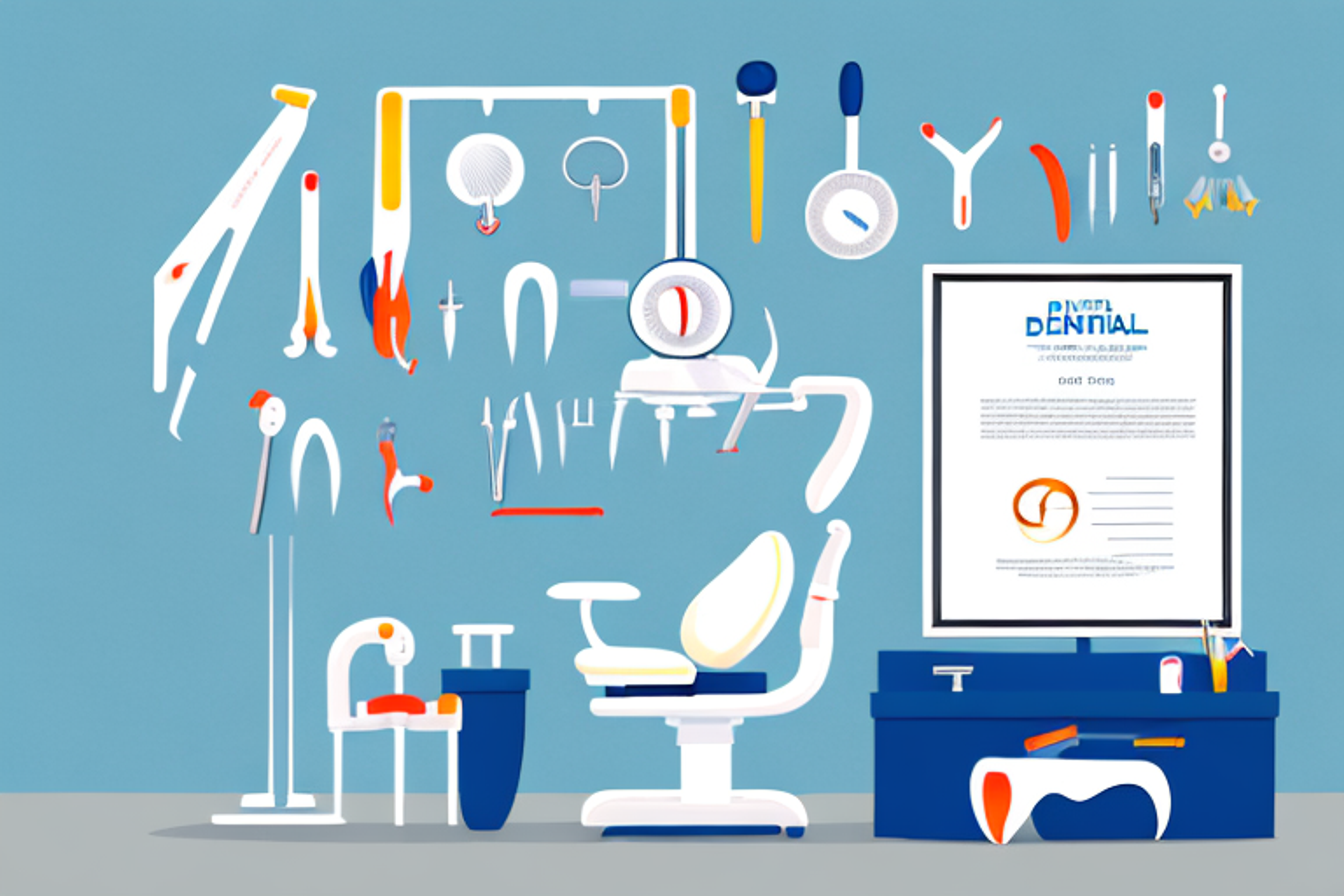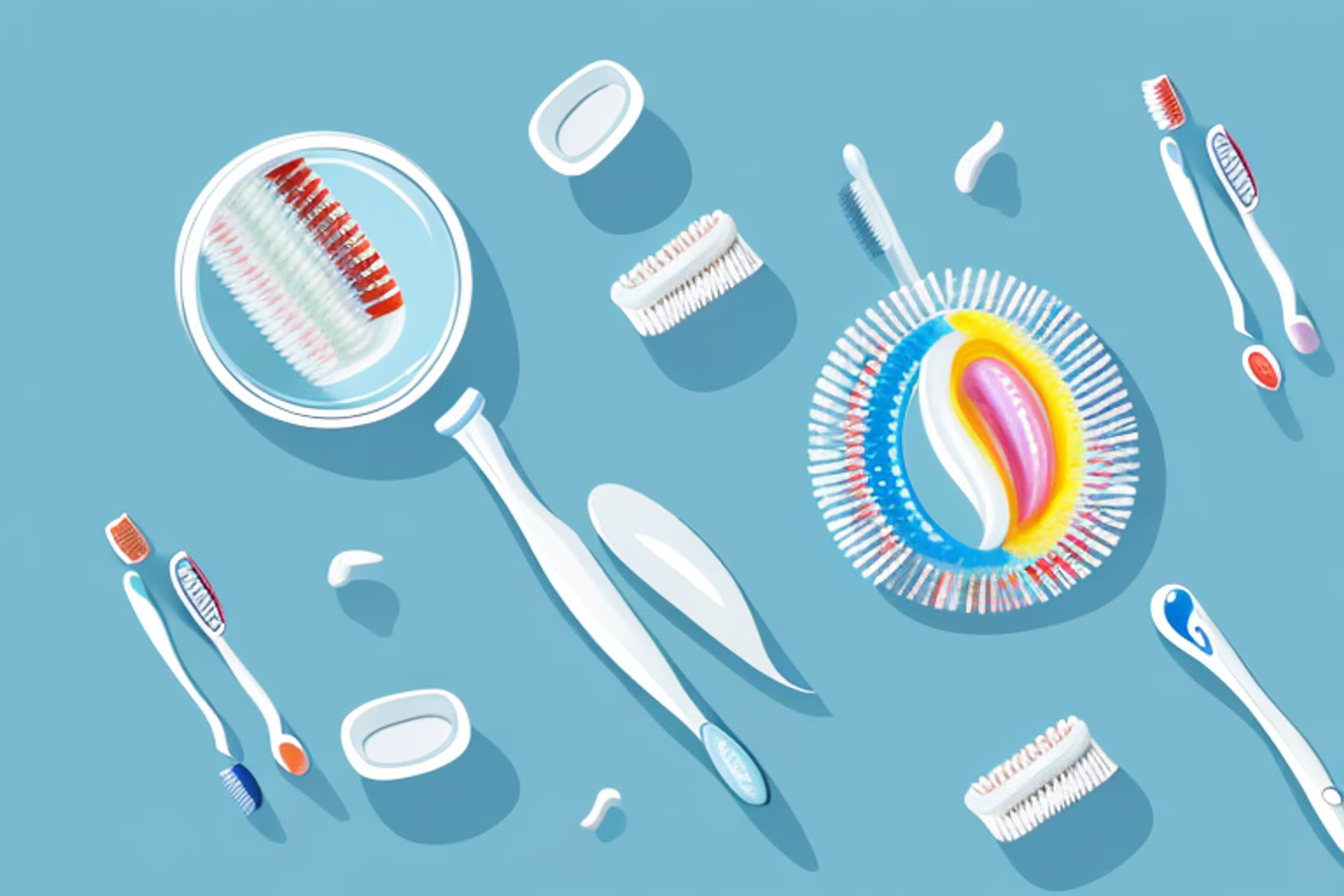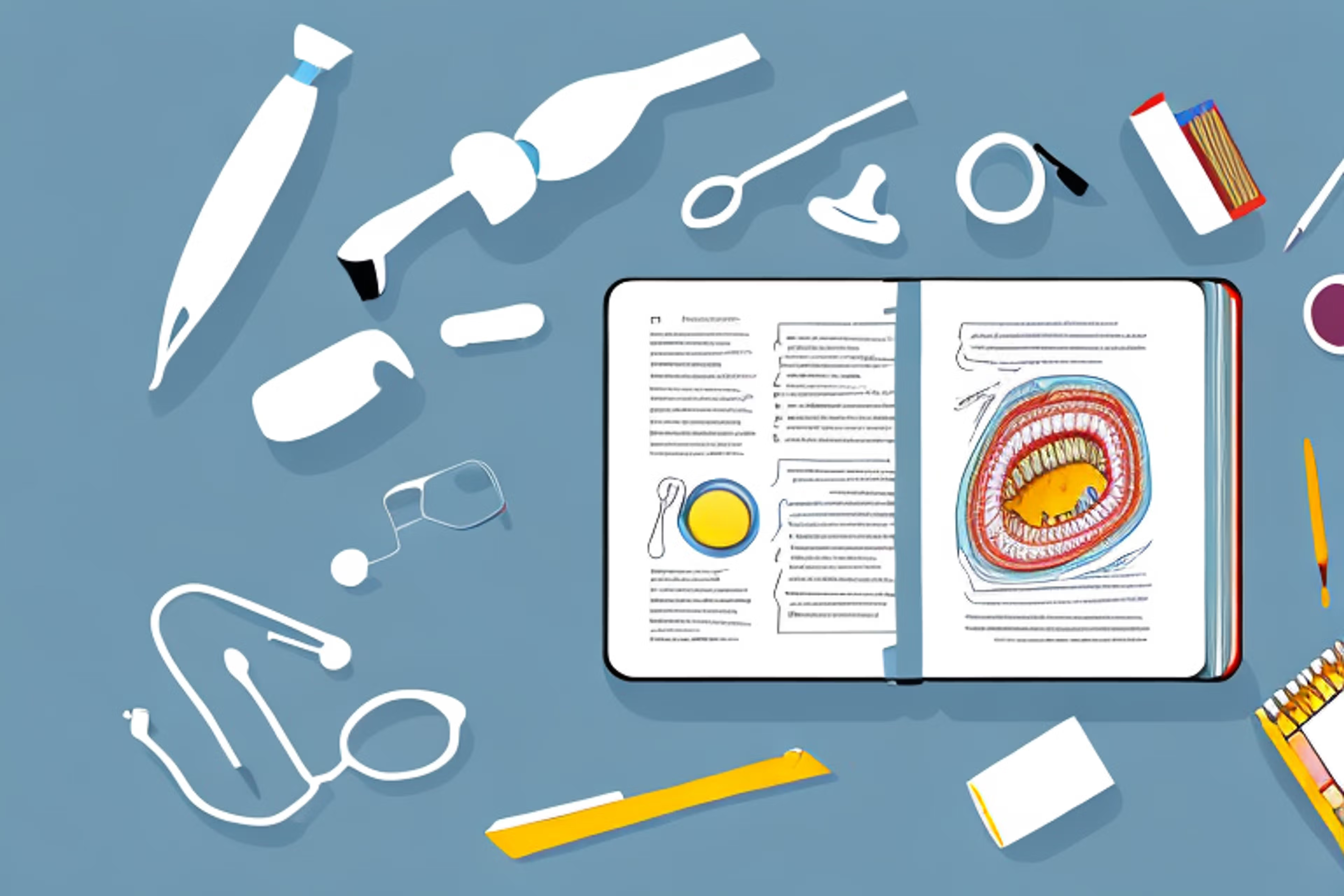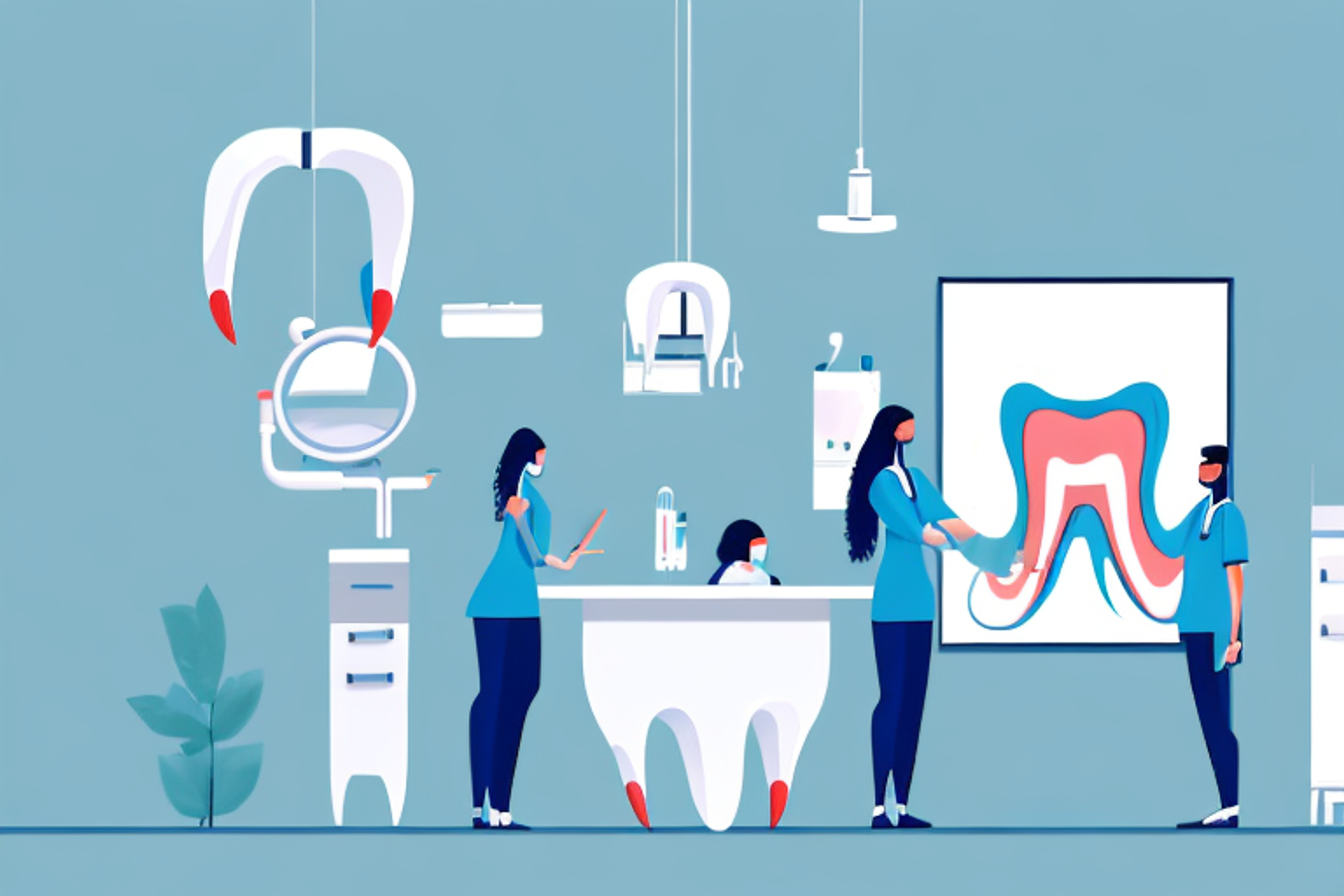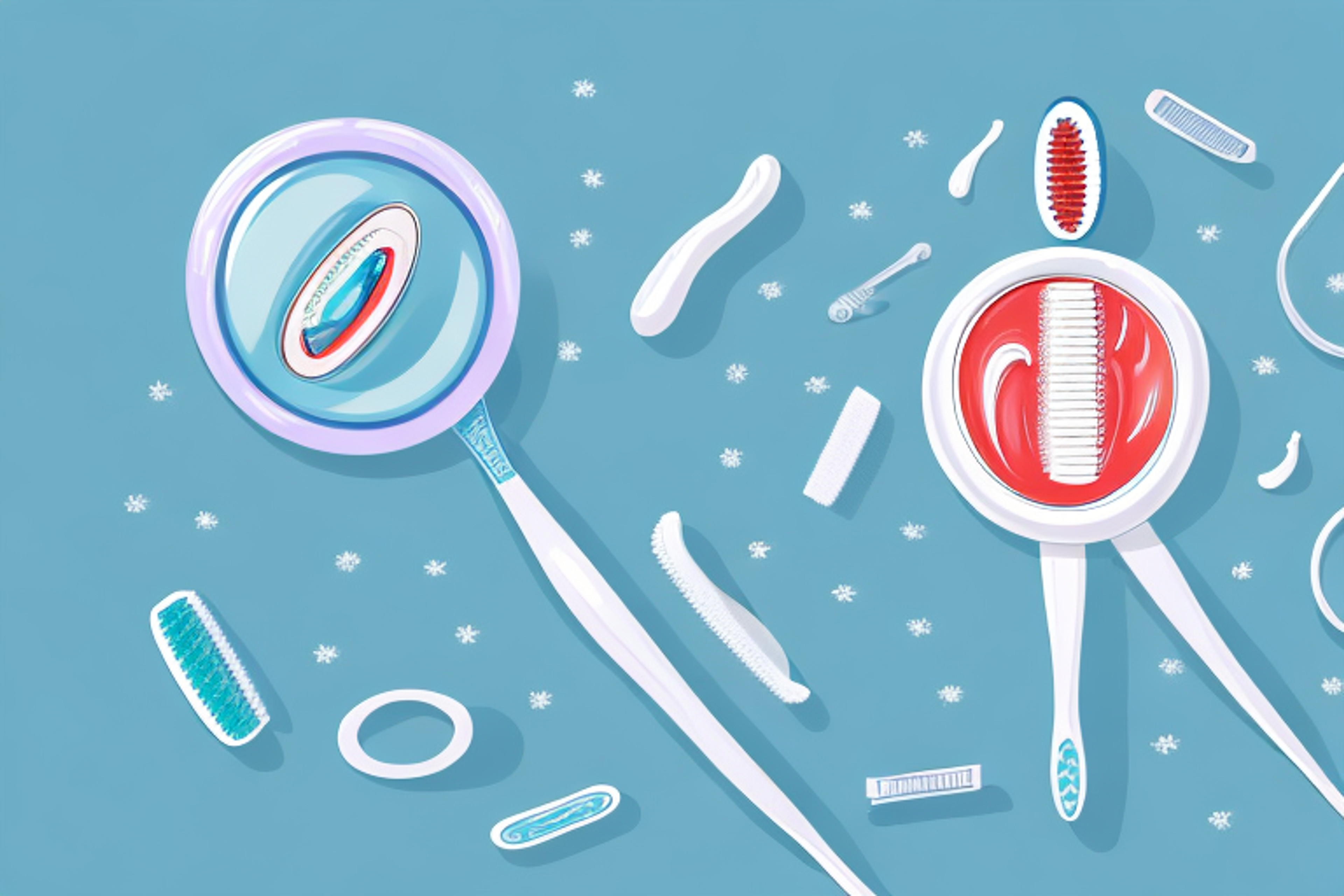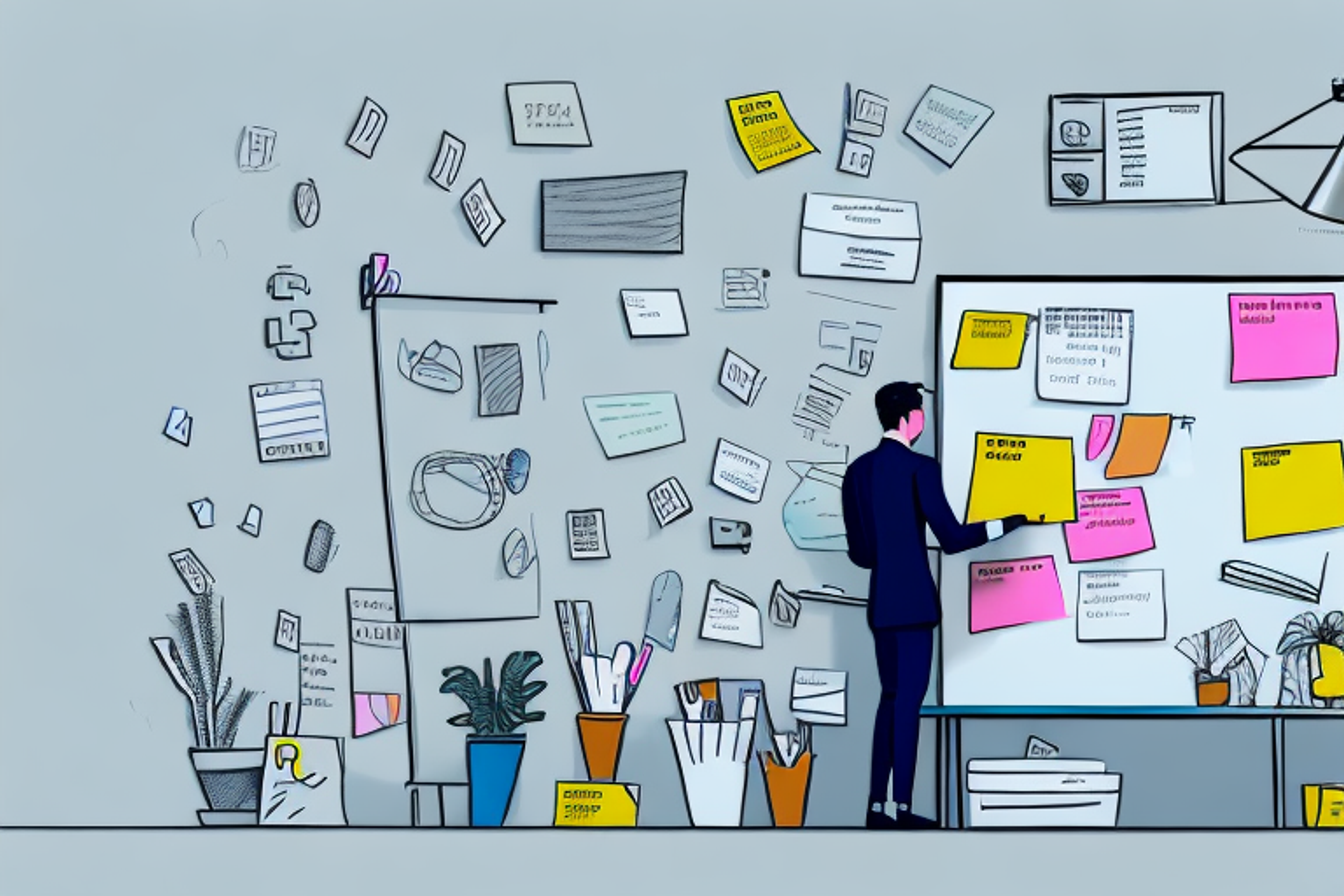How to Nail the Harvard School of Dental Medicine Application Interview
Get insider tips on how to ace your Harvard School of Dental Medicine application interview.
Posted April 10, 2025

Table of Contents
If you're pursuing a career in dentistry and have aspirations of attending the prestigious Harvard School of Dental Medicine, then it's essential to understand the interview process. In fact, it could mean the difference between being accepted or rejected from the program. This article will provide you with a comprehensive guide on how to master the Harvard School of Dental Medicine application interview, from researching the institution and tackling common questions to handling tricky questions and following up after the interview.
Understanding the Harvard School of Dental Medicine Interview Process
Before you step foot in the interview room, it's crucial to understand the Harvard School of Dental Medicine interview process. According to the institution, the interview is an essential part of the application process, as it allows the faculty to gain a deeper understanding of who you are as an applicant and whether you possess the qualities that align with the school's values.
Typically, interviews take place in the dental school's admissions office and last around 30 minutes. You will be interviewed by two to three faculty members, who will ask various questions regarding your background, motivation for dentistry, and your experience in the field.
It's important to note that the Harvard School of Dental Medicine interview process also includes a tour of the school and its facilities. This gives applicants the opportunity to see the campus and get a feel for the environment they could potentially be studying in. Additionally, the interviewers may also provide information about the school's curriculum, research opportunities, and student life. It's recommended that applicants come prepared with questions to ask during the interview and tour to show their interest in the school and their dedication to pursuing a career in dentistry.
Researching the Harvard School of Dental Medicine
One of the most crucial aspects of preparing for the interview is researching the institution. Harvard School of Dental Medicine is one of the most competitive dental schools globally and expects applicants to demonstrate a deep understanding of the institution and its values. Familiarize yourself with the school's mission statement, values, and current research initiatives. This will demonstrate to the interviewers that you understand what the institution stands for and are genuinely interested in attending the school.
Additionally, it is essential to research the faculty members and their areas of expertise. Harvard School of Dental Medicine has a diverse and accomplished faculty, and knowing their research interests can help you tailor your answers during the interview. You can also explore the school's clinical facilities and community outreach programs to gain a better understanding of the school's commitment to patient care and community service. By conducting thorough research, you can show the interviewers that you are a well-informed and enthusiastic candidate who is a good fit for the Harvard School of Dental Medicine.
Preparing for the Interview: Common Questions and Tips
The interviewers will likely ask common interview questions, such as why you want to pursue a career in dentistry, what your motivations are, and your relevant experience in the field. It's crucial to be well-prepared for these questions and have a clear plan of what you want to say. Researching common interview questions and preparing your answers beforehand can be a beneficial strategy.In addition to answering questions, it's essential to emphasize your passion for dentistry and showcase your commitment to service. You should also have specific examples of relevant experiences or qualifications that demonstrate your suitability for the program.
Furthermore, it's important to dress professionally and arrive early to the interview to show your respect for the interviewer's time. Remember to bring copies of your resume, transcripts, and any other relevant documents. It's also helpful to research the program and the interviewer beforehand to show your interest and knowledge about the program. Finally, don't forget to follow up with a thank-you note or email after the interview to express your gratitude for the opportunity and reiterate your interest in the program.
Mastering Your Communication Skills for the Interview
As with any interview, effective communication skills are vital. The faculty members will be evaluating your interpersonal skills, including how you communicate and your ability to express your ideas clearly. Speak confidently, actively listen to the interviewers' questions, and avoid interrupting them. Body language plays an important role in communication skills, and your attire can affect how you present yourself. Dress professionally and conservatively, as this will help you present a polished image of yourself.
In addition to verbal communication, nonverbal communication is also important during an interview. Your body language can convey a lot about your confidence and interest in the position. Make sure to maintain eye contact, sit up straight, and avoid fidgeting or slouching. These small adjustments can make a big difference in how you are perceived by the interviewers.Another important aspect of communication during an interview is being able to effectively answer questions. Take the time to prepare and practice your responses to common interview questions. This will help you feel more confident and articulate during the actual interview. Additionally, don't be afraid to ask for clarification if you don't understand a question. It's better to ask for clarification than to give an answer that doesn't address the question being asked.
Handling Tricky Questions with Confidence and Grace
It's not uncommon for interviewers to ask tricky questions to evaluate how you handle pressure and think on your feet. Examples include ethical dilemmas, conflict resolution situations, and questions about your weaknesses. Practice answering these questions beforehand and remain calm, composed, and confident during the interview.Remember, it's okay not to know the answer to every question. If you do not understand a question, politely ask for clarification rather than attempting to answer the question incorrectly.
Additionally, it's important to remember that interviewers are not trying to trip you up or make you feel uncomfortable. They simply want to get a better understanding of your skills, experience, and personality. So, try to approach tricky questions as an opportunity to showcase your problem-solving abilities and demonstrate your thought process. By staying positive and focused, you can turn even the toughest questions into a chance to impress your interviewer.
Following Up After the Interview: Dos and Don'ts
After the interview, it's essential to follow up with a thank-you note within 24-48 hours. This demonstrates your appreciation for being considered for the program and reflects positively on you as an applicant. Ensure your thank-you note is personalized, well-written, and brief. Avoid bombarding the interviewers with emails or phone calls, as it is unlikely to have a positive impact on your application.
Additionally, if you haven't heard back from the program within a week or two, it's appropriate to send a polite follow-up email inquiring about the status of your application. However, avoid being pushy or demanding, as this can come across as unprofessional and may harm your chances of being accepted. Remember to remain patient and respectful throughout the application process, as this will reflect positively on your character and professionalism.
Conclusion
In summary, the Harvard School of Dental Medicine application interview is a vital aspect of the application process. By understanding the interview process, researching the institution, and preparing for common questions, you can better position yourself for success. Additionally, emphasizing your passion for dentistry and showcasing your communication skills can help you stand out from other applicants. Remember to remain calm, composed, and confident during the interview, and follow up with a thank-you note to demonstrate your appreciation. With these tips in mind, you can nail the Harvard School of Dental Medicine application interview and achieve your career aspirations in dentistry.
It is important to note that the interview process is not the only factor that determines acceptance into the Harvard School of Dental Medicine. Admissions committees also consider academic performance, extracurricular activities, and letters of recommendation. Therefore, it is crucial to excel in all aspects of the application process to increase your chances of acceptance.
Furthermore, the Harvard School of Dental Medicine offers a wide range of resources and opportunities for students to enhance their education and career prospects. From research opportunities to community outreach programs, students can gain valuable experience and make a positive impact in the field of dentistry. By taking advantage of these resources, students can not only excel in their studies but also make a meaningful contribution to society.

